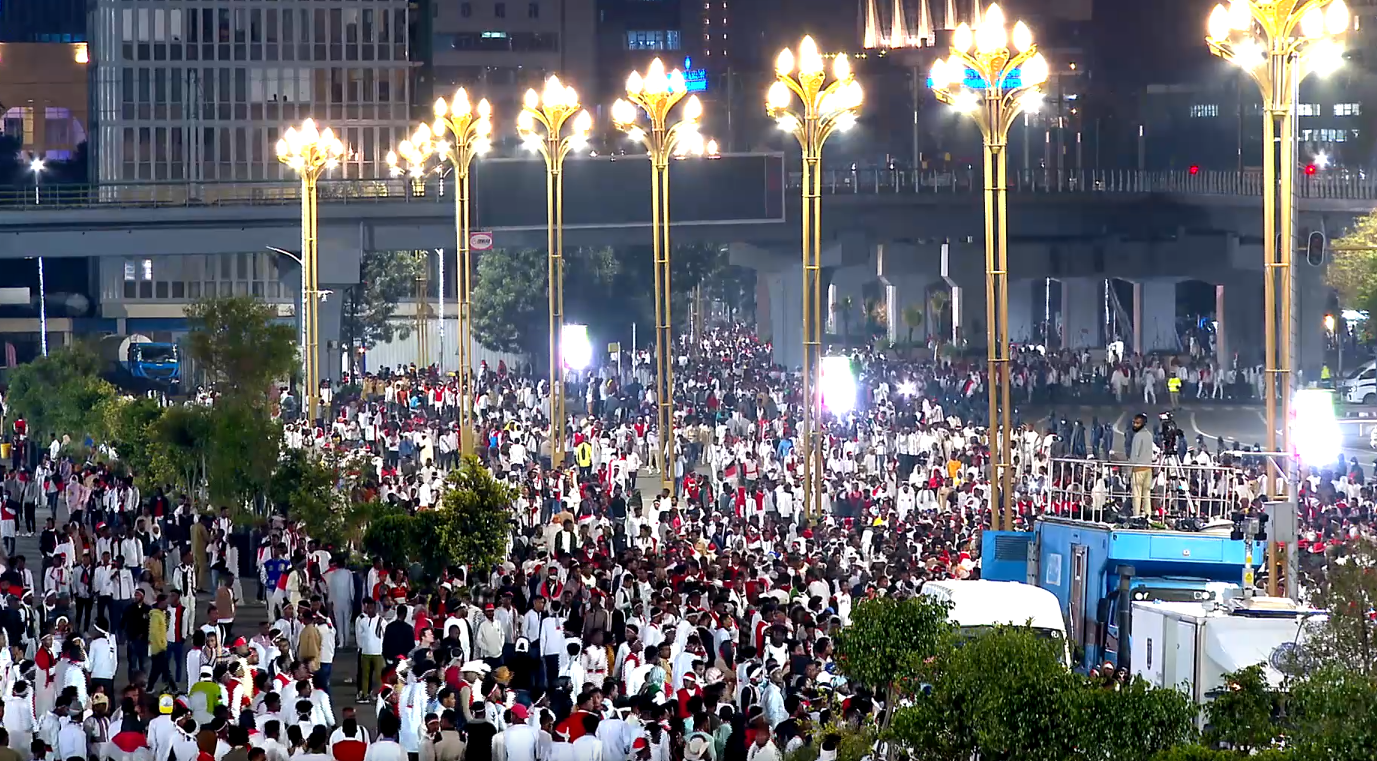Preparation to Colorfully Celebrate Irrecha Festival Finalized: Abba Gadas - ENA English
Preparation to Colorfully Celebrate Irrecha Festival Finalized: Abba Gadas

Addis Ababa, September 28, 2025 (ENA) -- The Oromo Abba Gadas have announced that preparations have been finalized to celebrate this year’s Irrecha festival colorfully while maintaining the cultural values of the Oromo people.
Irrecha, the Oromo people’s thanksgiving to Waaqa (God), is one of Ethiopia’s most prominent outdoor public festivals, celebrated annually in September.
The festival symbolizes gratitude to God for the transition from the rainy season to the sunny season.
Abba Gada Girma Bekele emphasized that Irrecha is a vital cultural tradition where the Oromo people express their thanks to Waaqa.
He noted that the festival has preserved its values for generations, serving as an enduring symbol of the Oromo identity.
While Irrecha is already recognized as part of the Gada system registered by UNESCO, efforts are underway for the festival to be registered independently as an intangible cultural heritage, he added.
Abba Gada Wolde Abe, on his part, stressed that Irrecha is celebrated by everyone without political or religious differences, highlighting its role in promoting thanksgiving, peace, and unity among people.
This year’s celebration is particularly significant, the Abba Gadas added, as it coincides with the recent inauguration of the Grand Ethiopian Renaissance Dam (GERD) and the extensive development works carried out along Addis Ababa’s city corridors.
Ethiopian Heritage Authority Director General Abebaw Ayalew also underlined the cultural and national importance of Irrecha.
He said Ethiopia’s outdoor festivals, including Irrecha, foster peace, love, and unity while also serving as a description of the Gada system, which has long been a pillar of Oromo society.
Abebaw further emphasized that Irrecha not only strengthens cultural values but also contributes significantly to tourism and economic development.
He called for sustained efforts to preserve and develop such cultural assets so that they can be passed on to future generations.